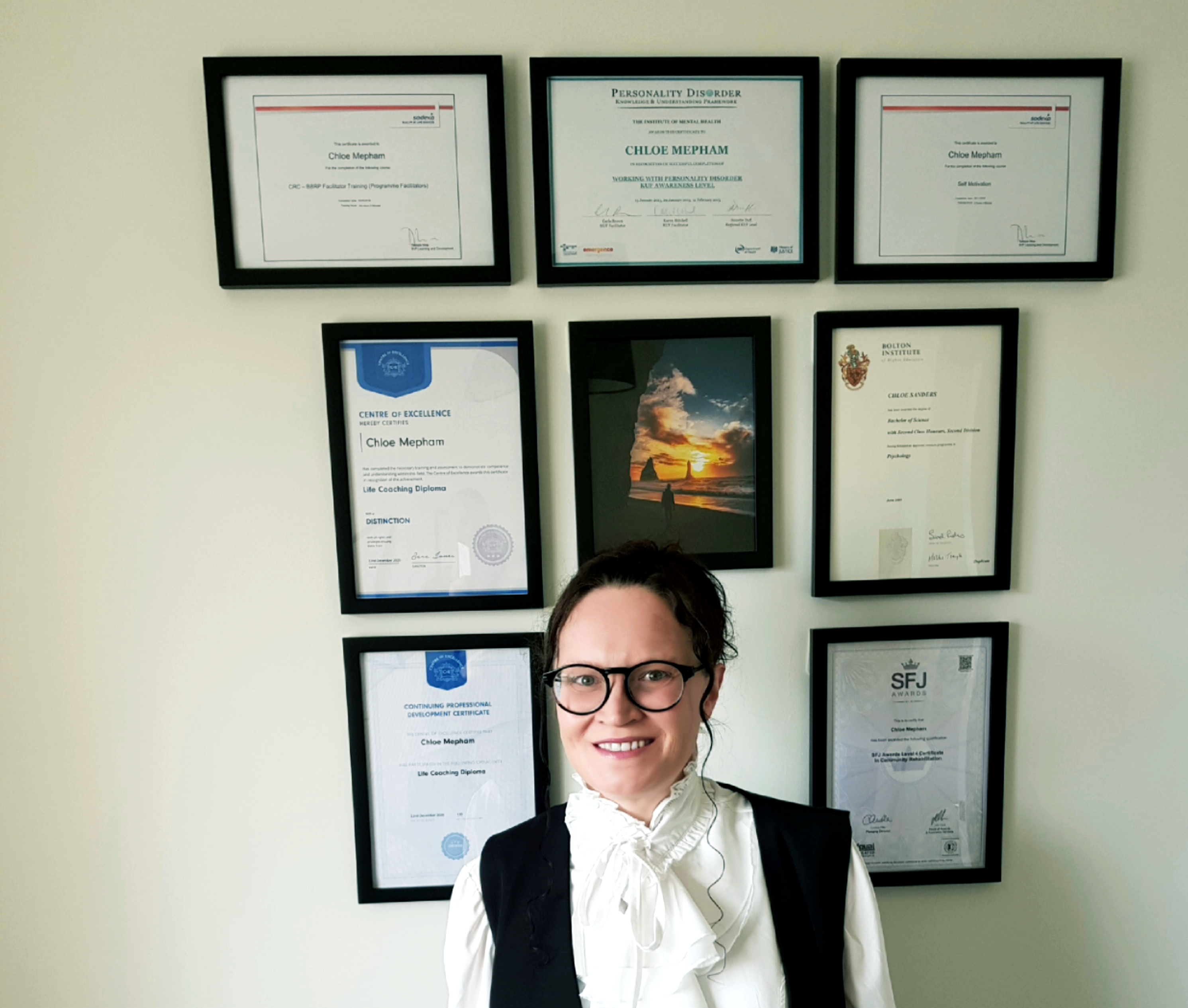The Benefits of Deep Breathing
- Chloe Mepham BSc

- Nov 9, 2021
- 3 min read
Updated: Jun 29, 2023

When you feel stressed do you sometimes find yourself breathless? When you feel anxious, do you feel your heart race? Do you control these symptoms, or do these symptoms take control of you?
You might think that you have no control over these physical symptoms. This in turn may cause you to panic. Once this happens it can become a vicious circle. Your thoughts can create more agitation. The physical symptoms then escalate. In turn, this can escalate those negative thoughts. This can continue in a cycle, causing psychological and physical distress.
One of the simplest and most effective forms of managing such conditions is to employ the technique of deep breathing. It sounds so simple, and it is. Although, at first it may take some getting used to, once practiced it becomes like second nature. A tool to support you during those times when it feels like your emotions are in control of you. Although simple, at first you may feel lightheaded when practicing these, so do exercise caution.
The reason for these physical symptoms is that when we are in a heightened emotional state, our sympathetic nervous system is activated. This is the system that prepares us for action. Whether this action is to run towards opportunity or run away from danger. As such, when the sympathetic nervous system is activated, we will experience physiological changes to prepare us for this action. You may notice that your heart beats faster as it pulsates blood to the limbs for the action. You may notice that your thoughts begin to race or experience tension headaches. Again, the body is preparing for action. It is likely that your breathing will become faster and shallower.
The parasympathetic nervous system accomplishes the opposite. It is the system that regulates the restful activities. A way to activate the parasympathetic nervous system is to begin deep breathing. There are many deep breathing exercises that you can use to activate the parasympathetic nervous system. It is important to find a technique that works for you. It takes practice as once the sympathetic nervous system is activated our thoughts are racing and we are likely not thinking clearly. However, if practiced beforehand in a restful state it will become easier.
Deep breathing is the foundation for mindful practices. The breath or chi is our life force, we need it to survive. It can be activated at both conscious and unconscious levels. When undertaking activities such as exercise or singing, we consciously breathe. However, if we tried to stop breathing, we would not be successful. We would lose consciousness and the lungs would activate to protect us.
Our bodies breathe depending upon what our bodies need at that moment in time. However, we can take back control of this, consciously.
There are many benefits to deep breathing. Some of these include:
Releasing stress
Releasing anxiety
Detoxification
Helps the mind and body relax
Provides more life force energy or chi
Can increase oxygenation and blood circulation
Can help release emotional problems
Can bring about a state of peace or euphoria
Can release physical pain
Can accelerate healing
Can help you relax and become more receptive to visualisation, suggestions, or affirmation
Can increase your creativity
Can slow down your brain waves
It can help you expand your awareness of your self and the world
All of these effects are desirable and within your capability. It is about controlling the breath, rather than having the breath control you.
If you would like to discover different breathing techniques, please contact me. Book a Free Mindset Meeting here: Home | Chloe Mepham BSc Certified Life Coach so that we can work towards Being Who You Want to Become.

Comments